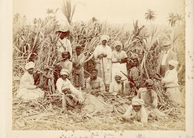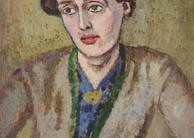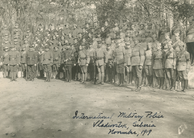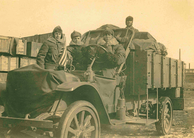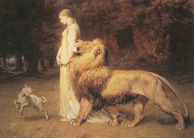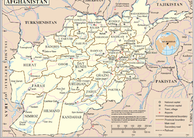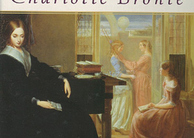2014 Volume 6 Issue 4Issue Archives2026 - Volume 182025 - Volume 172024 - Volume 162023 - Volume 152022 - Volume 142021 - Volume 132020 - Volume 122019 - Volume 112018 - Volume 102017 - Volume 92016 - Volume 82015 - Volume 72014 - Volume 62013 - Volume 52012 - Volume 42011 - Volume 32010 - Volume 22009 - Volume 1Introducing the world's future thought leaders. Inquiries Journal is an open-access, multidisciplinary student journal focused on presenting student scholarship in the social sciences, arts, and humanities. |

